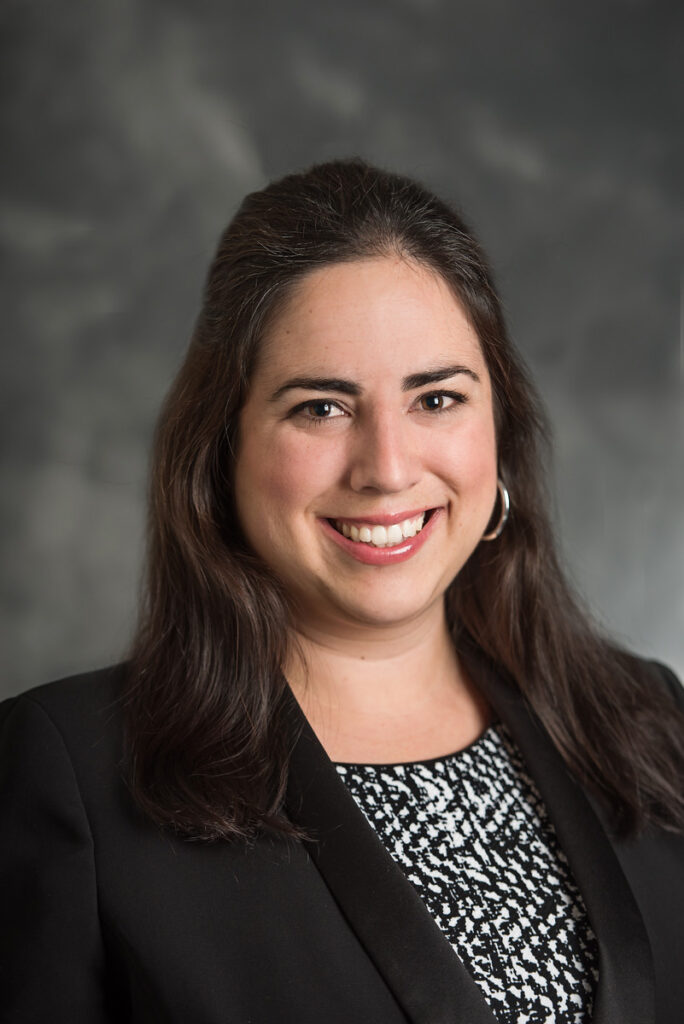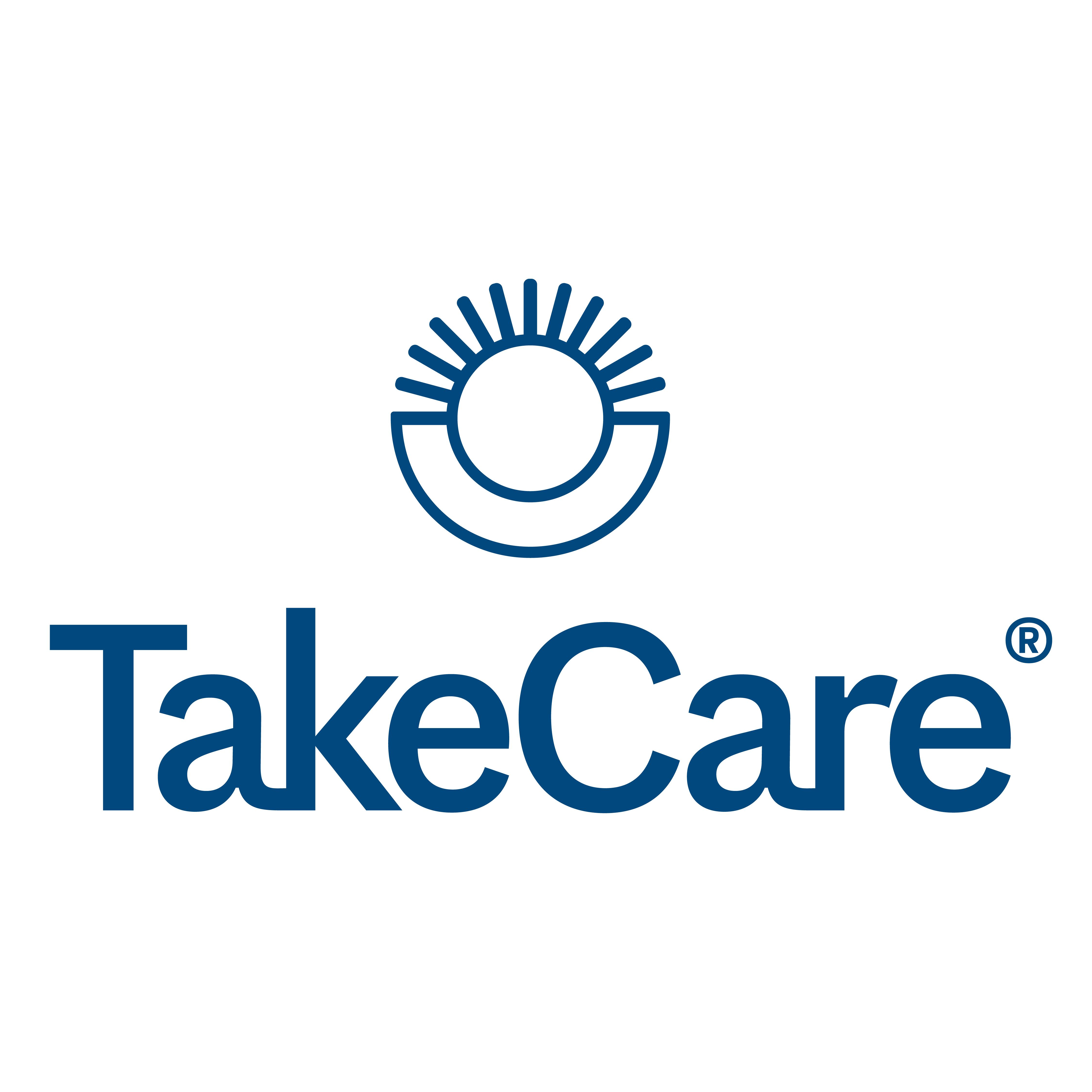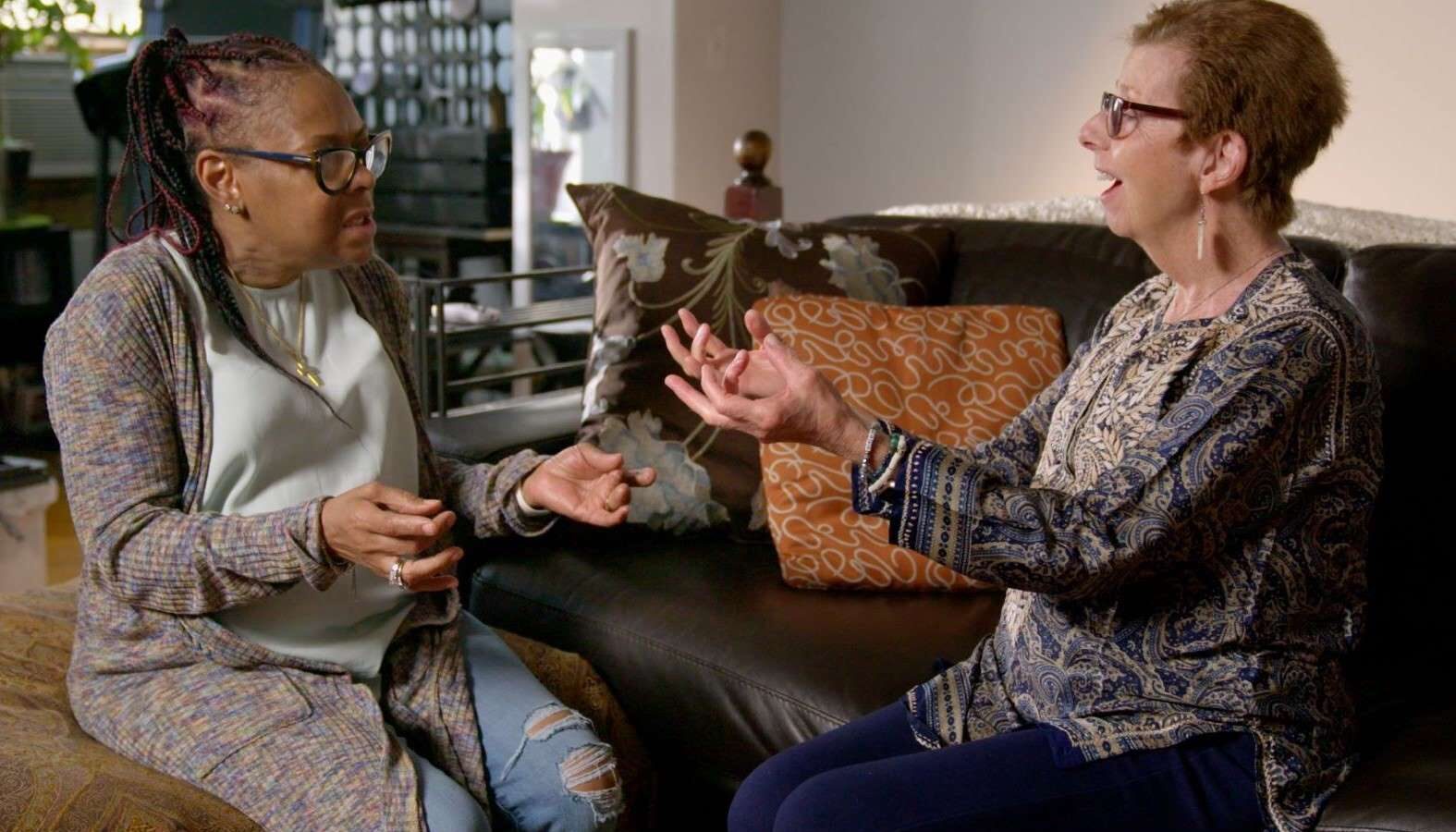The power to connect mind, body, spirit, and community
Growing up in Chicago, Amanda played piano and sang in the church choir. At age 7, her life turned upside down when her stepfather was murdered. By the time she was a teenager, Amanda was homeless and addicted to heroin, a dependency that would last 20 years. Somehow, though, her music returned to save her. “Music was a huge part of my transformation,” she said. “Belief plus intention plus music equals healing.”
I was honored to serve as the Health Advisor on the short film, “Music,” which highlights Amanda’s remarkable healing journey. The film is part of TakeCare, a national initiative rooted in science that tells motivational stories to inspire people to create health and well-being in their lives. I’m passionate about music, and I have seen the amazing power of music therapy over the years that I have worked with countless people, from infants and toddlers in Neonatal Intensive Care to adult cancer survivors to people struggling with mental illness, substance abuse, and dementia.
I know that the joys experienced in listening to or creating music extend far beneath the surface and can spark deep inner strength. Music can be powerfully healing for your Mind, Body, Spirit, and Community.
Belief + Intention + Music = Healing
For Amanda, music was deeply tied to belief and faith expressed in religious music and it gave her the strength she needed to persevere. Music can often inspire us to believe in ourselves. For instance, lyrics can make us feel seen, understood, and guide us through tough emotions. This can be powerful enough to give us the strength to see ourselves on the other side of our struggles.
Intention comes into play for healing, as with Amanda’s strong mental focus to finally beat her drug addiction. Remarkably, Amanda also overcame a life-threatening bout with COVID-19 several years ago that required a double lung transplant. Again, she drew on her deep love of music to carry her through crisis.
People find many ways to connect to the healing power of music. You can listen to music or perform it. It can be something deeply private, or it can be shared by crowds of people. Whether it is instrumental or lyrical, music provides you with many paths to find yourself.
Part of the healing is physical. According to research from Harvard Medical School, music can help regulate your heart rate, blood pressure, and respiration rate. A slower breathing rate can lead to relaxation. Amanda said she experienced this effect: “Music helped me to calm my mind. Breathing allows you to create a pattern and a rhythm, so through that repetition, you are calming down, slowing down.”
Performing music, whether singing or playing instruments, can give you a sense of pride through creating something beautiful, mastering a new skill, and enjoying a sense of productivity from what you have accomplished.
Finally, music allows you to get involved with your community in ways you may not have been able to otherwise. Singing or playing music with others is deeply moving. It results in meaningful social connections that help prevent loneliness.
In my music therapy sessions, cancer patients often said they found peace in making music with people who knew exactly what they were going through. Loneliness is one of the scariest experiences that someone can go through, and togetherness is very powerful in combatting it.
Whenever you have music, it is hard to feel alone because you have something with you. The complexity of music almost embodies a person, Amanda found, “When I sing, I feel like I am in the here-and-now. There is healing in the sense of being alive.”
You can read this blog on TakeCare.

Alejandra J. Ferrer, PhD, MT-BC, is the Health Advisor for the film, “Healing Through Harmony.” She is Associate Professor of Music and Coordinator of Music Therapy at Belmont University in Nashville, TN. Dr. Ferrer holds a BM in music therapy from The Florida State University (2004), an MM in music therapy from The Florida State University (2005), and a PhD in music education from The Ohio State University (2012). Prior to joining Belmont, Dr. Ferrer worked as an adjunct professor at Ohio University and The Ohio State University, where she taught music therapy and music education courses. Concurrently, she practiced music therapy at Nationwide Children’s Hospital, specifically working with infants and toddlers in the Neonatal Intensive Care Unit.


